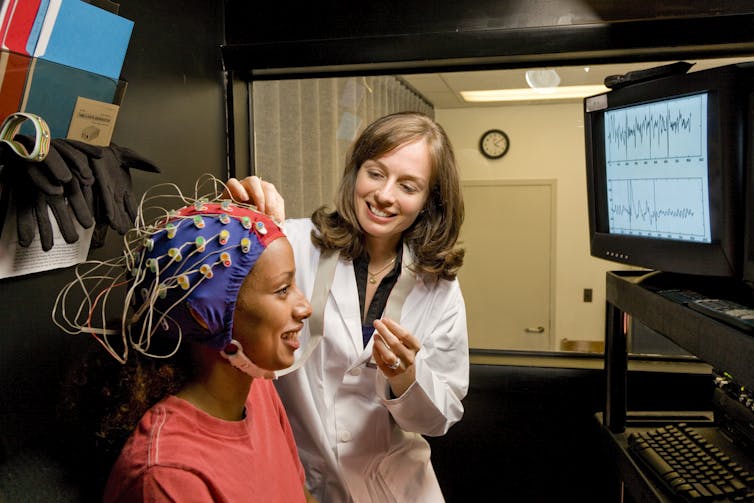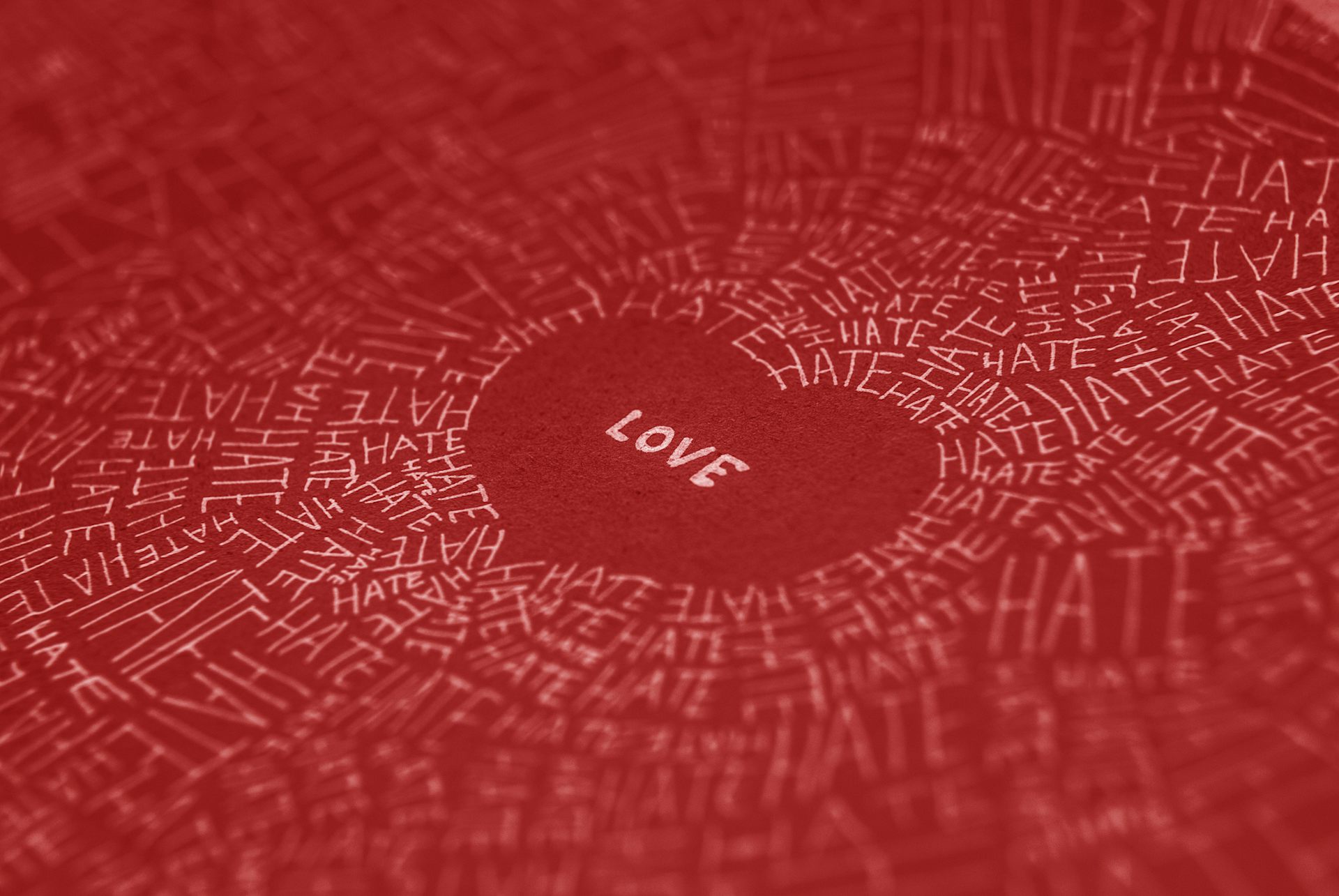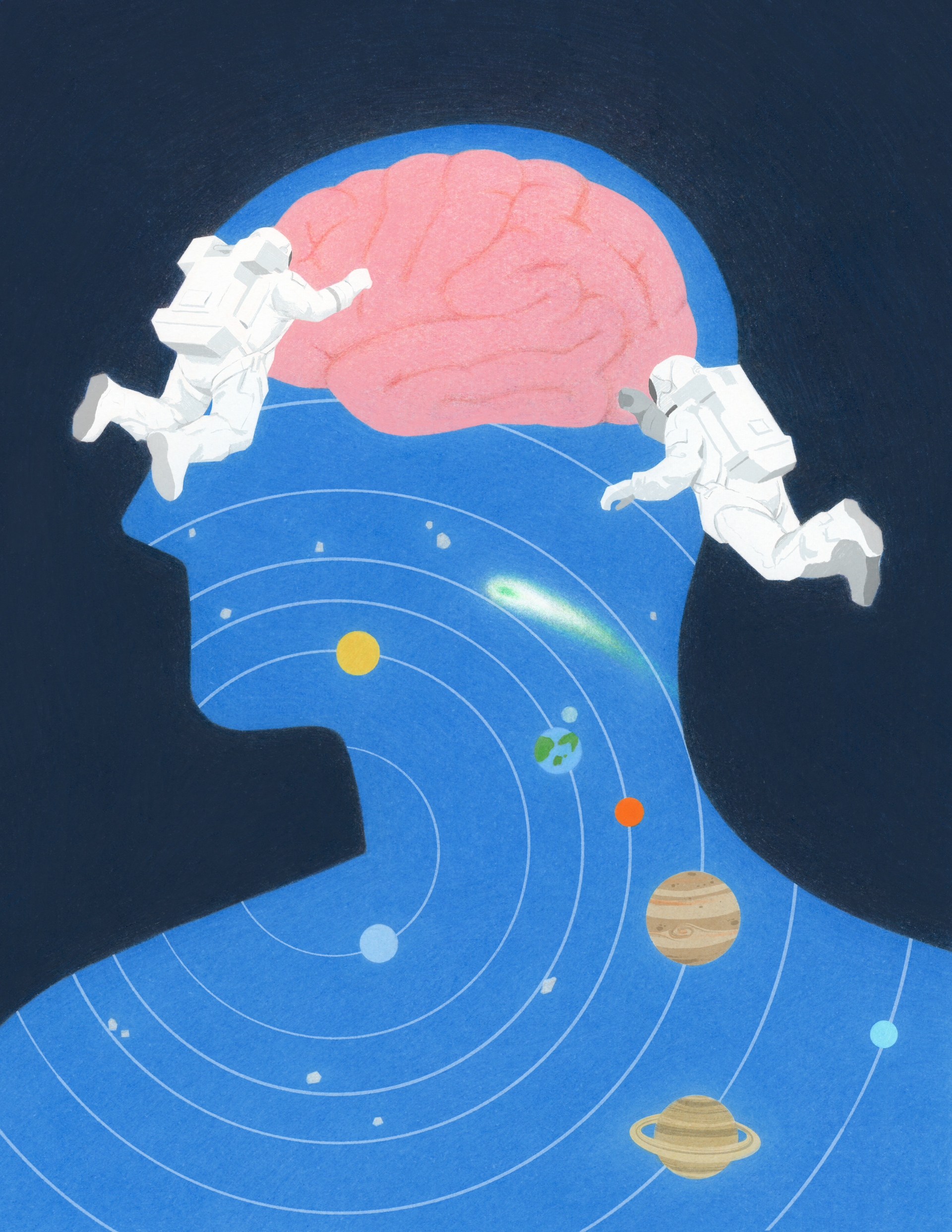How does your brain wake up from sleep?
The mystery of how the brain creates consciousness still puzzles scientists, but the mechanics of waking up are starting to be understood.


Curious Kids is a series for children of all ages. If you have a question you’d like an expert to answer, send it to curiouskidsus@theconversation.com.
What happens in your brain when you wake up from your sleep? – Ainsly V., age 11, South Carolina
When you’re asleep, you can seem completely dead to the world. But when you wake up, in an instant you can be up and at ‘em. How does the brain turn on awareness or consciousness? This question has puzzled scientists for centuries – and continues to do so.
While scientists don’t have the full answer yet, they are finding clues by studying people’s brains as they shift between sleeping and waking.
Looking inside a living brain
One way scientists study activity in the brain is by using a tool called electroencephalography, or EEG. EEG measures electrical signals coming from thousands of brain cells called neurons. The person being studied wears a funny-looking cap that is connected to a computer. It doesn’t hurt at all. The electrical activity in their brain shows up as wavy lines.

You might think your brain is turned off – or resting – while you sleep, but it’s actually on a roller-coaster ride of activity, even if you’re not aware of it. You cycle through four different sleep stages, each of which shows up as a different pattern on the EEG.
One stage of sleep, called rapid eye movement or REM sleep, is when dreams typically occur. Dreams are interesting because you actually feel like you are conscious, but you’re not conscious in the same way you are when you’re awake.
It turns out each sleep stage is also associated with different patterns of chemicals in your brain. These are called neurochemicals and are the way brain cells communicate with each other.
What scientists know so far
One of the major systems in the brain that wakes you up is called the reticular activating system, or RAS. The RAS is a part of your brain located just above your spinal column. It’s about two inches long and the width of a pencil. The RAS acts like a gatekeeper or filter for your brain, making sure it doesn’t have to deal with more information than it can handle.
The RAS can sense important information and create neurochemicals that wake up other parts of the brain. It also keeps you awake throughout the day.
If you have to go to the bathroom in the middle of the night, the RAS senses that signal from your body and flips a switch to wake your brain up – just like a light switch. Signals coming from outside of your body, like the sound of an alarm clock or a parent waking you up, can also flip on your RAS.
Once the RAS switch turns on, it can take some time for your whole brain and body to wake up. This is because it takes a few minutes to clear all the “sleepy” neurochemicals from your brain, which is why you may feel groggy when an alarm clock wakes you up.

But why do you feel more groggy on some days and not on others? When your brain is asleep, it shifts between deep and light stages. If your alarm clock goes off during a deeper stage of sleep, it takes longer for all the parts of your brain to wake up. You can use technology to track what stage of sleep you’re in and then wake you during a light stage, so you wake up feeling more refreshed.
Mysteries left to solve
There is still a lot to learn about waking up. Although you spend about one-third of your time sleeping, scientists don’t totally understand the purpose of sleep.
They do know that sleep is vital for health, especially for kids whose brains and bodies are still growing. Sleep restores your immune system, improves your memory and supports your mental health. And you might be surprised by how many hours of sleep doctors recommend for babies, kids and adults.
Even though scientists have found some of the pieces, the puzzle of how and why the brain generates consciousness is still unsolved. This is why the future needs curious scientists – perhaps even you.
Hello, curious kids! Do you have a question you’d like an expert to answer? Ask an adult to send your question to CuriousKidsUS@theconversation.com. Please tell us your name, age and the city where you live.
And since curiosity has no age limit – adults, let us know what you’re wondering, too. We won’t be able to answer every question, but we will do our best.
Dr. Marusak is funded, in part, by grants from the National Institute of Mental Health.
Aneesh Hehr does not work for, consult, own shares in or receive funding from any company or organisation that would benefit from this article, and has disclosed no relevant affiliations beyond their academic appointment.
Read These Next
Nearly every state in the US has dyslexia laws – but our research shows limited change for strugglin
Dyslexia laws are now nearly universal across the US. But the data shows that passing a law is not the…
Addiction affects your brain as well as your body – that’s why detoxing is just the first stage of r
Substance use disorders are widespread in the US, but many people wrongly equate detoxing with being…
More than a feeling – thinking about love as a virtue can change how we respond to hate
Love and hate seem like obvious opposites – but for philosophers of virtue, it’s not so simple.






